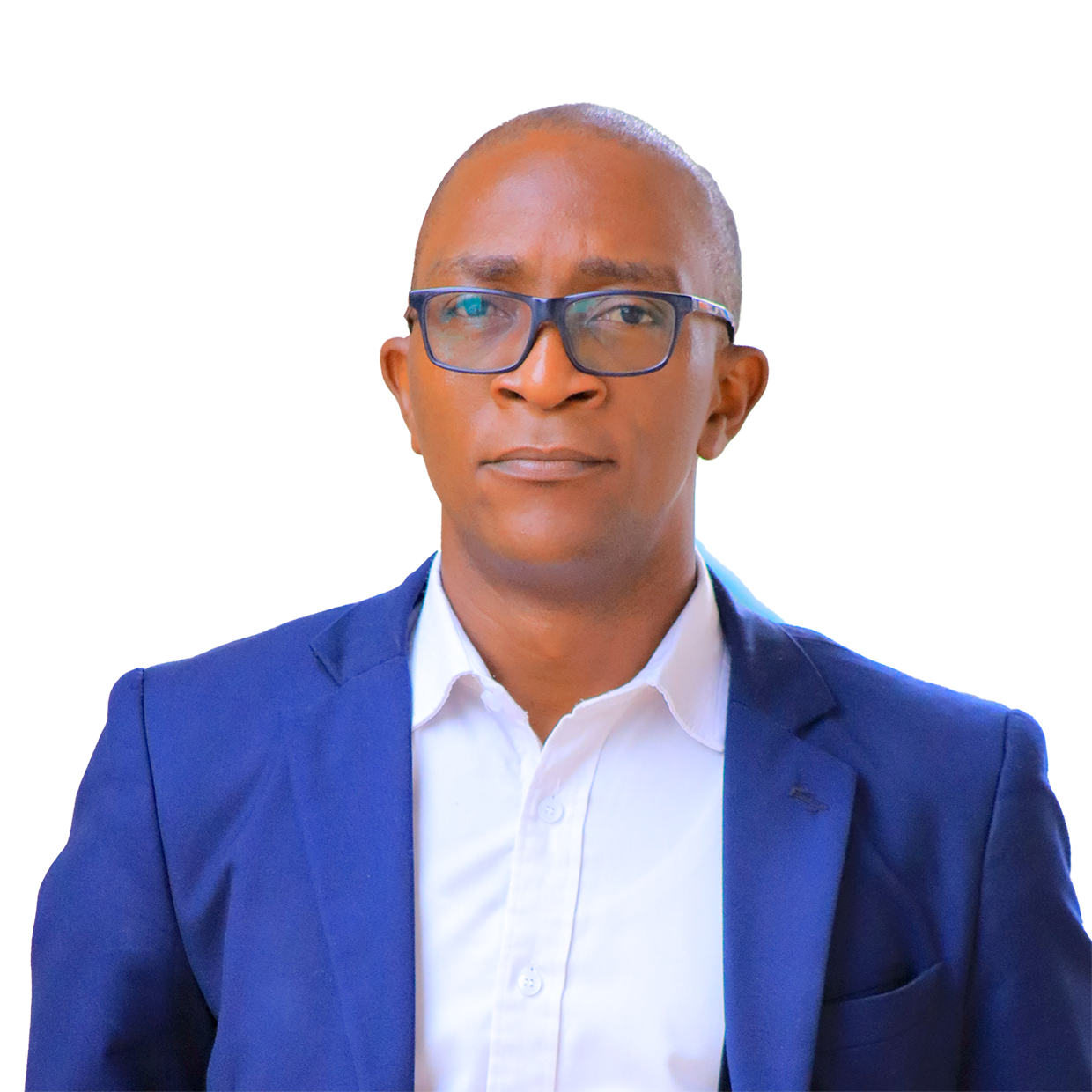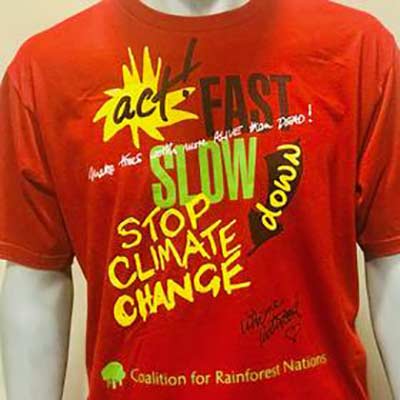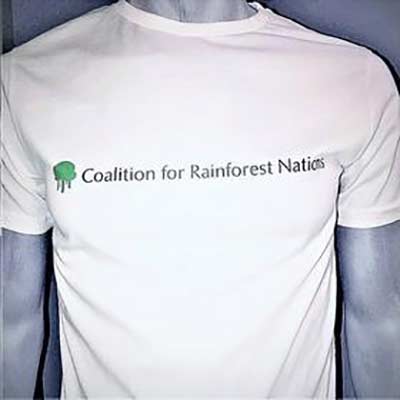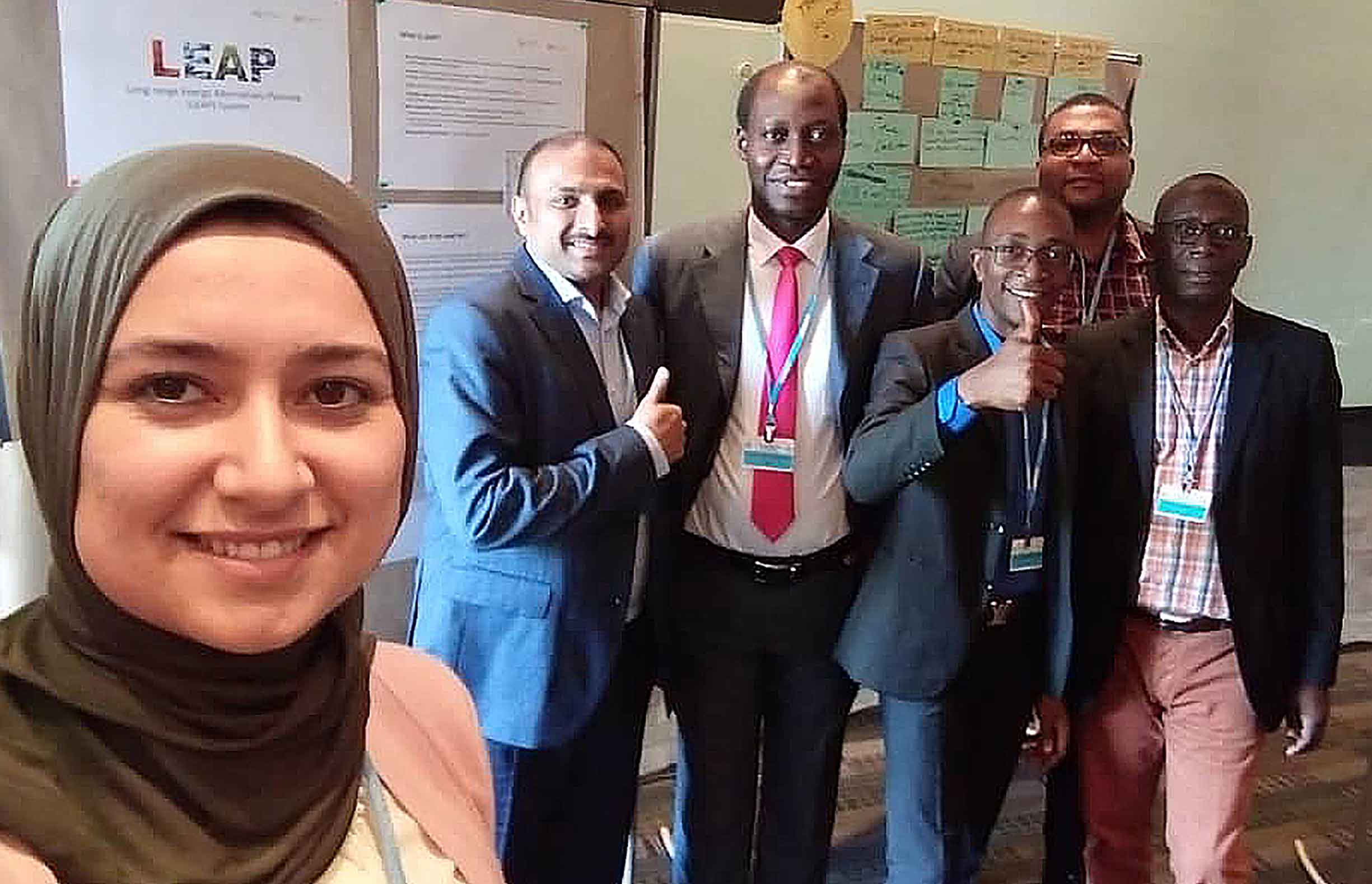
Staff Spotlight: Janvier Kevin Ndong Nzogho, National GHG Inventory Coordinator of Gabon
Janvier Kevin Ndong Nzogho is the national coordinator of Greenhouse Gas Inventories (GHGI) at Gabon government’s advisory body on climate change, the National Climate Council (CNC). This is his 5th year in his current role and the second year with the council. He helps Gabon gather data and submit climate reports to the UNFCCC, so that Gabon follows the Paris Agreement. Here he talks about the importance of his work, and his experience working with CfRN
What do you do? As the national coordinator of Greenhouse Gas Inventories, I have many duties. I develop critically important climate reports about Gabon’s greenhouse gas emission levels and climate strategies to UNFCCC. I also lead on the national methodology for greenhouse gas inventories and develop and monitor Gabon’s national inventory system and the database. The database provides all national data and information for the reports to be submitted to the Paris Agreement. Finally, I am also the technical focal point between the national teams developing Gabon’s Forest Reference Level and all communications with UNFCCC.
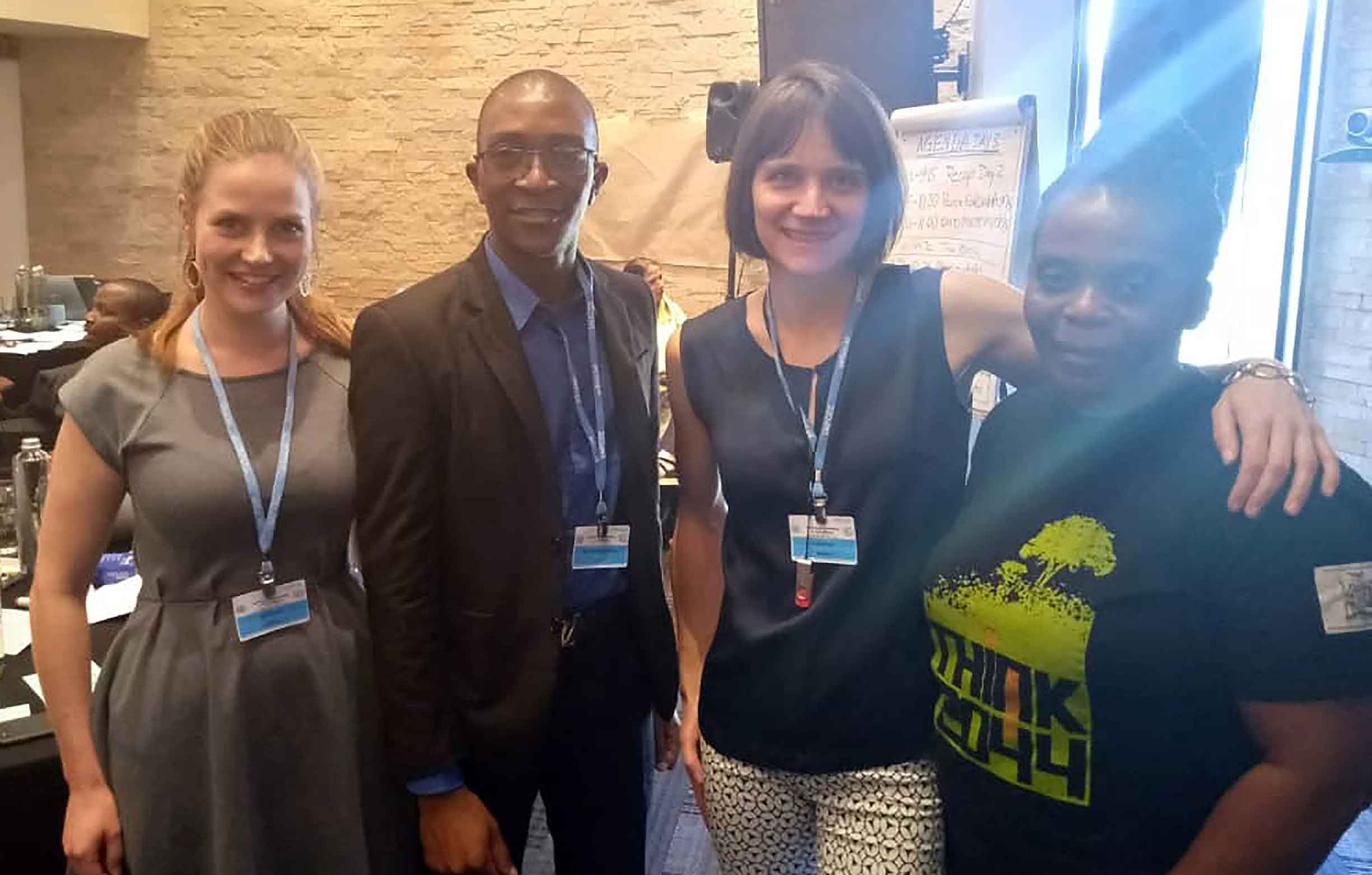
What do you love most about your job? I love my job because I enjoy learning new things, facing new challenges, and meeting people. The most satisfying thing about my job is that I get to do what I love. I educate people and provide them with the tools to adapt and become more resilient to climate change.
What brought you into this line of work? How did you get into the position? My passion for the environment. As a child, I loved learning about the environment, especially growing plants. In the last year of school, I decided to go into agriculture, and studied rural sociology and climate change. After my studies, I worked as a consultant for the General Directorate of the Environment in the Ministry of Forests. My focus was on greenhouse gas inventories for agriculture.
What is the effect that climate change is having on your country? Climate change is affecting Gabon’s climate. We no longer know when the dry season or rainy season will arrive. Over the past ten years the seasons have become highly erratic and unpredictable, especially in the provinces of Ogooué (Port-Gentil,) the Estuary (Libreville), and Woleu-Ntem (Bitam) which are the regions I visit the most often.
Why should people care about tropical rainforests? Tropical rainforests play a big role in the balancing the global climate through their carbon sequestration. They also provide essential natural services to humans, like purifying water, and provide habitats for wildlife and plants. Personally, forests provide me with a sense of tranquillity, peace of mind, and promote a healthy well-being. The more we devastate the forests, the more we will lose the benefits that forests and their ecosystems offer us.
What was your first mission? I have been on several field missions, but the one that sticks in my mind the most was a forest project in the town of Lastourville. The purpose of the mission was to calculate the carbon stock of the forest concession for the National Climate Council. For me, it was the first time that I had had to do allometric equations. I learned the theory during my studies, and the mission allowed me to put theory into practice.
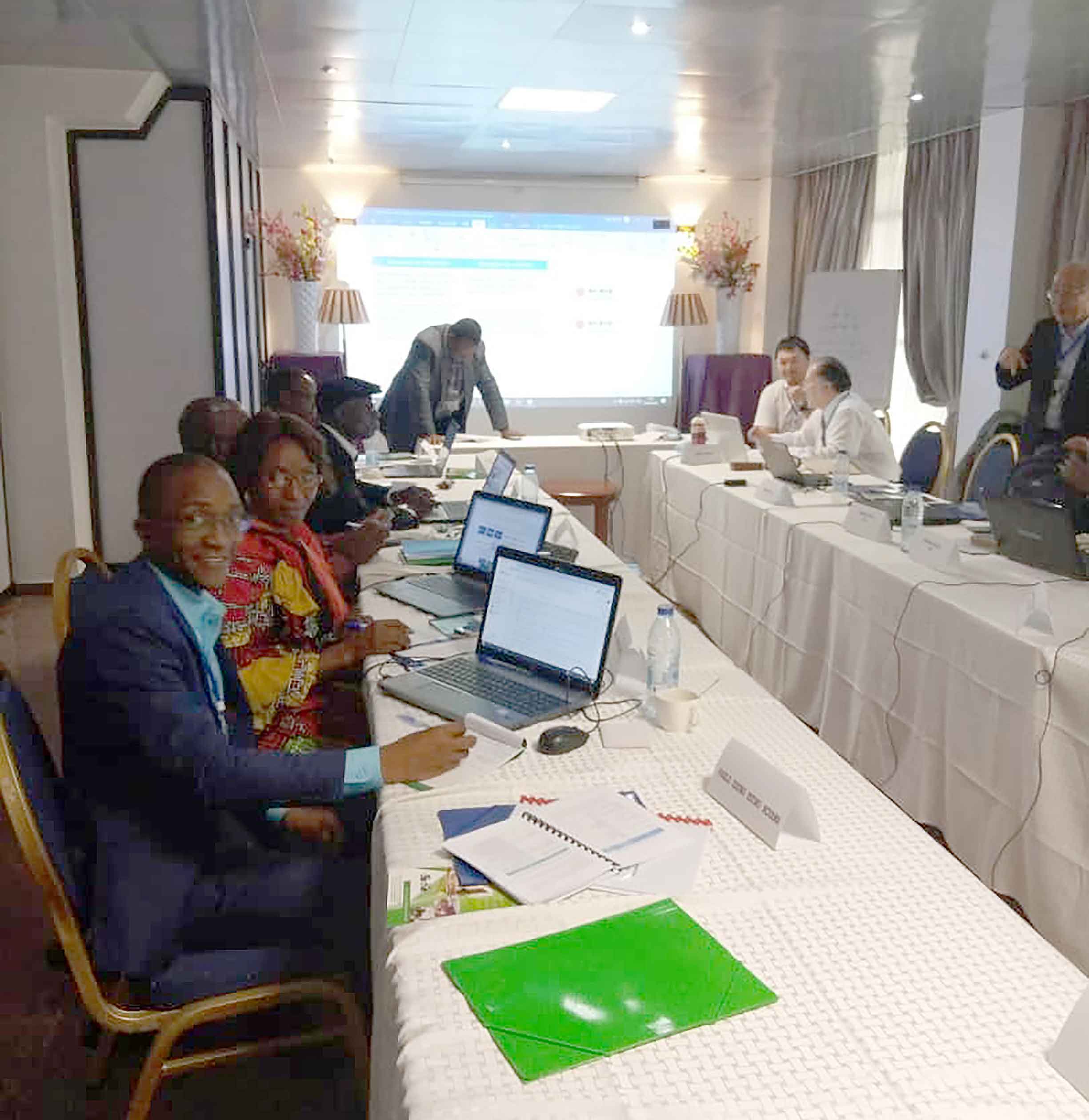
What is the impact of your job? Many young people are still unaware of the opportunities that climate and sustainable development offer. At the CNC, we train university students and educate staff from government institutions and agencies. The training includes knowledge-sharing and technology, like using software to calculate greenhouse gas inventories. Currently, we are in the process of carrying out a six-month climate modelling course for students and other stakeholders.
What challenges do you face in doing your job? In Gabon, we do not have enough climate change experts to do the work. In many cases, we have to re-train people from other fields, and try to raise awareness about the urgency of climate change.
What would you say to a new country that was thinking about working with CfRN for the first time? Personally, I find CfRN very effective, especially in terms of the speed and efficiency with which they complete their work. I would highly recommend them to any organization, especially, those facing a tight deadline for submission to the UNFCCC. I would also say that CfRN is very well-organized.
